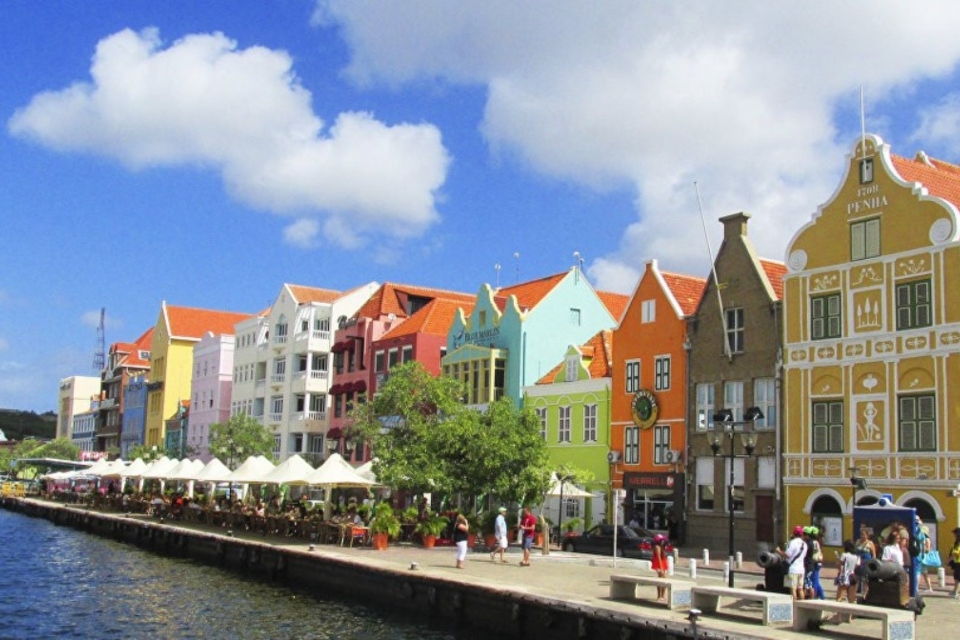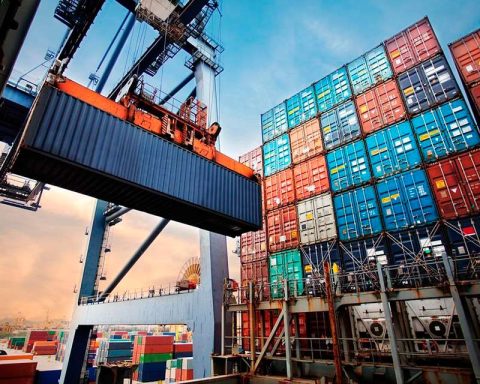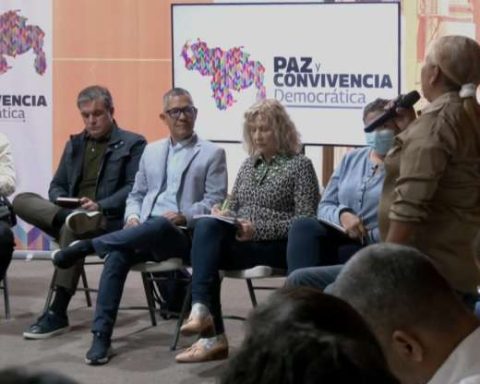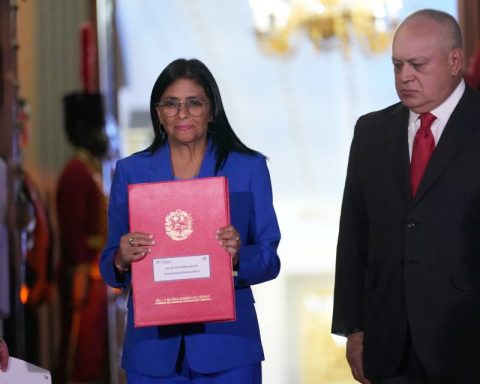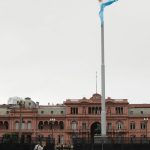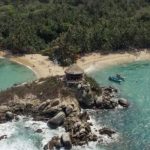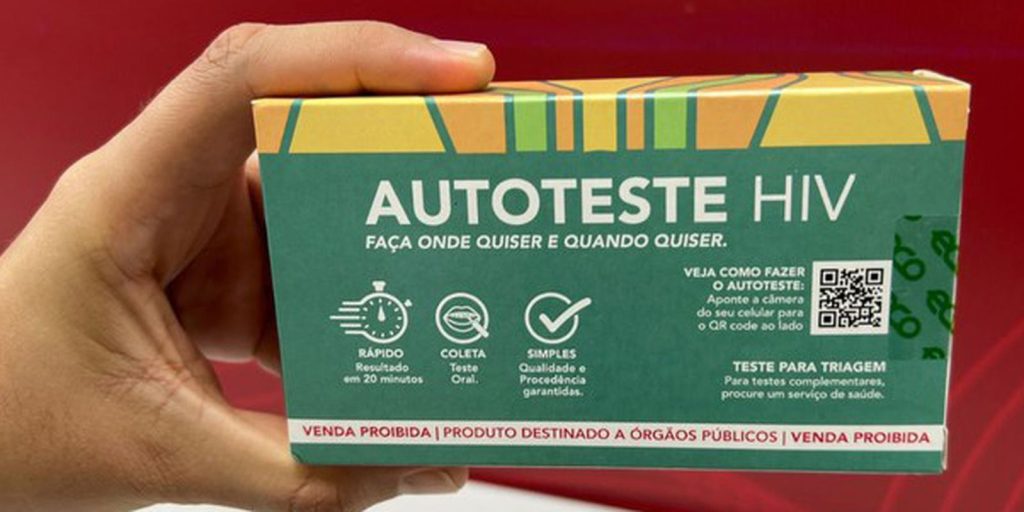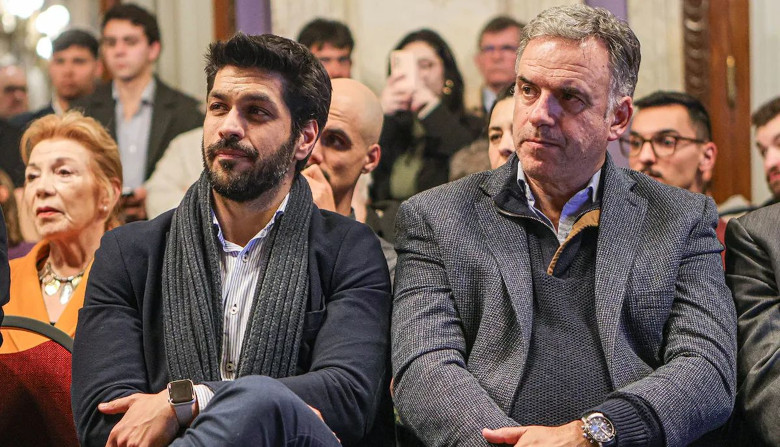Aruba must adjust its conditions to what is established by the European Convention on Human Rights that prevents deportation
An appeals judge in Aruba prohibited the island nation’s government, led by Evelyn Wever-Croes, from carrying out deportations of migrants who are in court fighting against measures that prevent them from being granted asylum.
According to the ruling, Willemstad must adjust its conditions to what is established by the European Convention on Human Rights, which guarantees the right of “non-refoulement” to a territory where a person’s life is considered to be at risk.
The decision of the Aruba court was the product of the appeal of a 27-year-old Venezuelan barber, who left the country in 2019, requested a protection measure in 2021 before the island’s Executive and two years later, presented it again.
At that time, the Ministry of Justice and Social Affairs, headed by Rocco Tjon, rejected the Venezuelan’s first request, and ordered his immediate expulsion from the island; applying its decision based on the National Ordinance on Admission and Deportation, and the National Ordinance on Administrative Jurisdiction.
*Read also: Minister of the Netherlands visits Aruba to discuss “worrying” situation in Venezuela
The judge highlighted that his ruling must not only be followed in relation to this case, but also “has a broader scope”; That is, a criterion is established for subsequent actions of the Aruban government in similar circumstances.
“Until the entry into force of this regulation the Minister, in order to provide the necessary effective remedy, must adopt the fixed policy that foreigners can always expect an objection or appeal against the rejection of an application for protection in Aruba. Therefore, the deportation should be suspended until a decision has been made on the objection,” the lawyer indicated.
The Regional Interagency Coordination Platform for Refugees and Migrants of Venezuela (R4V) presented the past Friday December 6 its 2025-2026 response plan to address the needs of these people, after the presidential elections on July 28, in order to prevent migratory movements and the needs they have.
According to what was announced, for this goal they need around 1.4 billion dollars in the first year; which will support more than 2.3 million vulnerable refugees and migrants and their host communities in 17 countries in Latin America and the Caribbean. Collaboration and commitment from the international community is required to provide financial assistance to host countries.
With information from Caribbean Chronicles
Post Views: 17
